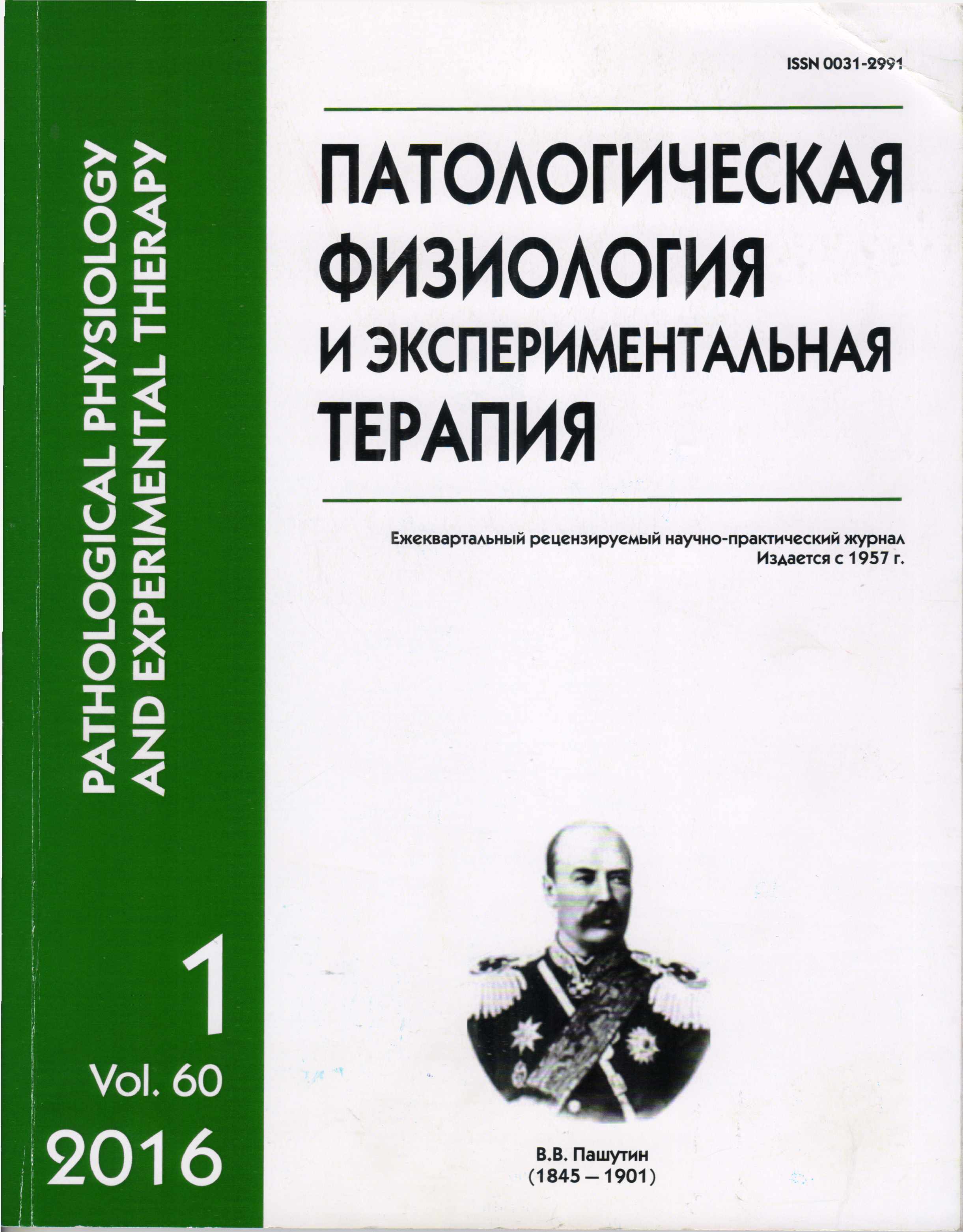Macrophage activation in atherosclerosis. Message 2: effects of factors on macrophage activation
Abstract
In atherosclerosis, macrophages demonstrate phenotypic plasticity to rapidly adjust to changing microenvironmental conditions. In the plaque, serum lipids, serum lipoproteins and various pro- or anti-inflammatory stimuli such as cytokines, chemokines and small bioactive molecules could greatly influence the macrophage phenotype inducing switch towards more proinflammatory or anti-inflammatory properties. Dynamic plasticity of macrophages is achieved by up-regulation and down-regulation of overlapping set of transcription factors that drive macrophage polarization. Understanding of mechanisms of macrophage plasticity and resolving functional characteristics of distinct macrophage phenotypes should help in the development of new strategies for treatment of chronic inflammation in cardiovascular disease.






